Lu Guang: a witness to China's pollution
'
The award-winning photos of Lu Guang document the damage being inflicted upon Chinese public health and the environment
World-renowned photographer Lu Guang has been documenting China’s pollution for the last decade. Born in Zhejiang in 1961, he became interested in photography while working in a silk factory. He is a winner of a number of international awards, including the World Press photo contest in 2003 for his photographs of villagers in Henan Province who became infected with HIV after selling their blood. In 2008, he was awarded Gruner + Jahr's Henri Nannen Prize for photojournalism, and in 2009, he received the W. Eugene Smith Grant in Humanistic Photography for his project "Pollution in China".
Lu’s photos are often both beautiful and shocking, revealing the stark effects of environmental pollution on ordinary Chinese people. Collectively they form an invaluable record of how China’s rapid industrialisation has had grave consequences for public health.
During a conversation with chinadialogue, Lu explained his working methods. “China has many problems, but that isn’t to say you will be able to see them and take pictures of what is real. My photography isn’t just simple photography, it’s more of an investigation. You need to be calm and slow to do a detailed investigation. You should go to villages, to talk to ten, twenty or a greater number of villagers; only then will you be closer to a deeper level of truth.”
Lu’s photos are often both beautiful and shocking, revealing the stark effects of environmental pollution on ordinary Chinese people. Collectively they form an invaluable record of how China’s rapid industrialisation has had grave consequences for public health.
During a conversation with chinadialogue, Lu explained his working methods. “China has many problems, but that isn’t to say you will be able to see them and take pictures of what is real. My photography isn’t just simple photography, it’s more of an investigation. You need to be calm and slow to do a detailed investigation. You should go to villages, to talk to ten, twenty or a greater number of villagers; only then will you be closer to a deeper level of truth.”
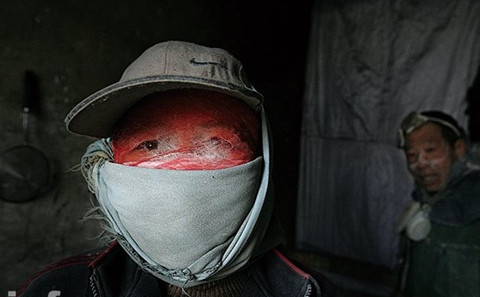
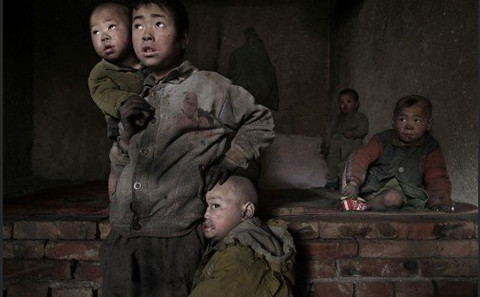
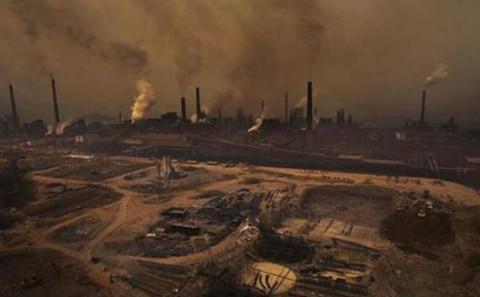
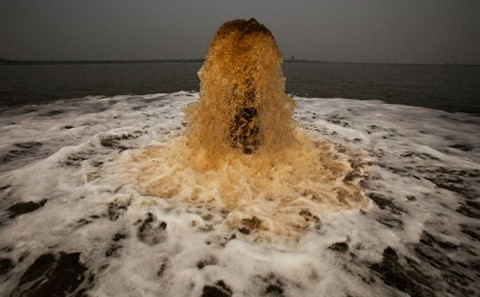
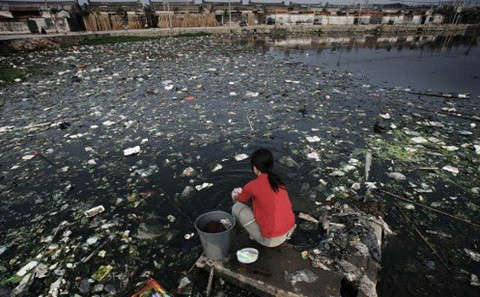
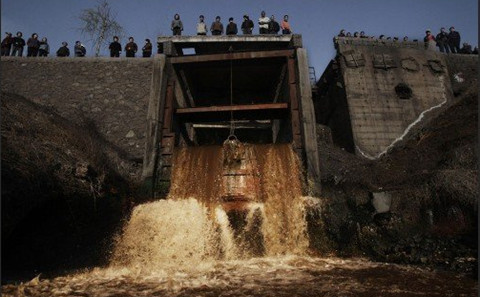
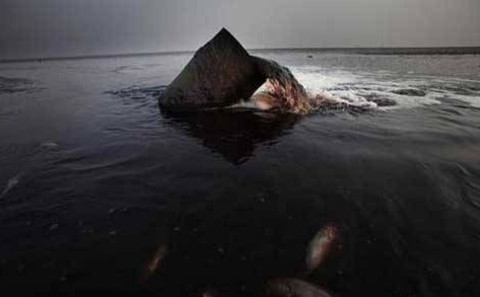
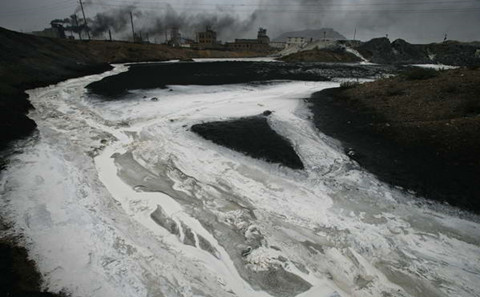
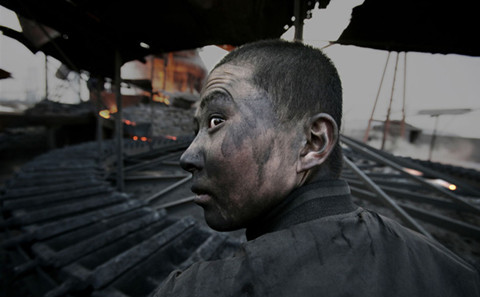
No comments:
Post a Comment
Comments always welcome!